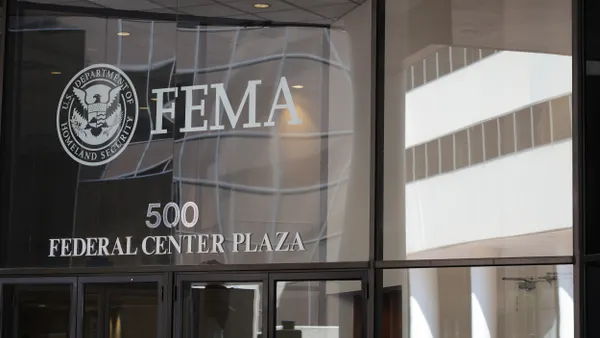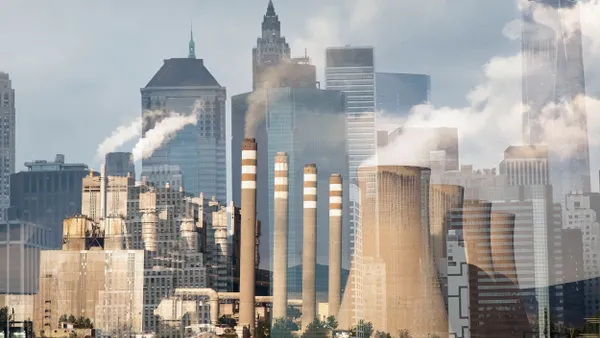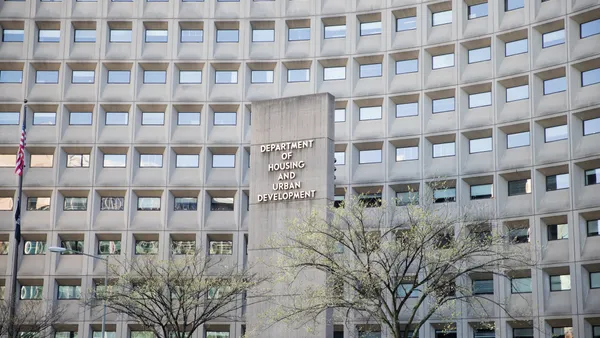Dive Brief:
- More than 100 cities around the world — including 34 in the United States — were recognized on CDP's "Cities A List 2019" for taking effective and transparent action to combat climate change. That’s more than double the number of cities on last year's "A List."
- The ranking is based on data collected from 850 cities, including emissions levels, climate vulnerabilities and adaptation measures. The data is provided to CDP and nonprofit ICLEI, a network of more than 1,750 local and regional governments.
- To get on the "A List," a city must have a citywide emissions inventory, set a reduction target and have both a public climate action plan and climate adaptation plan. The "A List" cities are taking, on average, three times as many actions on climate than others, according to a CDP analysis.
Dive Insight:
Cities have ramped up their climate work, with many of declaring climate emergencies or adopting parts of the Green New Deal platform. More than 3,000 sub-national partners — including cities — have pledges that would put the U.S. on path to a 17% emissions reduction from 2005 levels by 2025. And with the federal government lacking on climate change action, the work of cities has taken on even more importance.
The first step to working on climate is being able to measure it, said Katie Walsh, CDP North America head of cities, states and regions. CDP and ICLEI launched their reporting system in 2019 to help cities publicly disclose their climate impact and actions, and CDP offers free assistance to help cities get started.
"We’re seeing overall an interest in cities wanting to get involved," said Walsh. "Cities and states and businesses are stepping into the void to drive climate action. You don’t have to be in a blue state or a red state to be in a green city."
The actions that CDP recognized range from building code changes and renewable energy commitments to adaptation measures like Cleveland, OH’s plan to increase its tree canopy to relieve the urban heat island effect. It's a recognition that cities of all sizes and abilities can take steps to act on climate change, Walsh said.
Similarly, U.S. groups like Climate Mayors have increased outreach and technical support to cities, a recognition that local governments can exert power over their emissions and contribute to the country’s climate goals.










